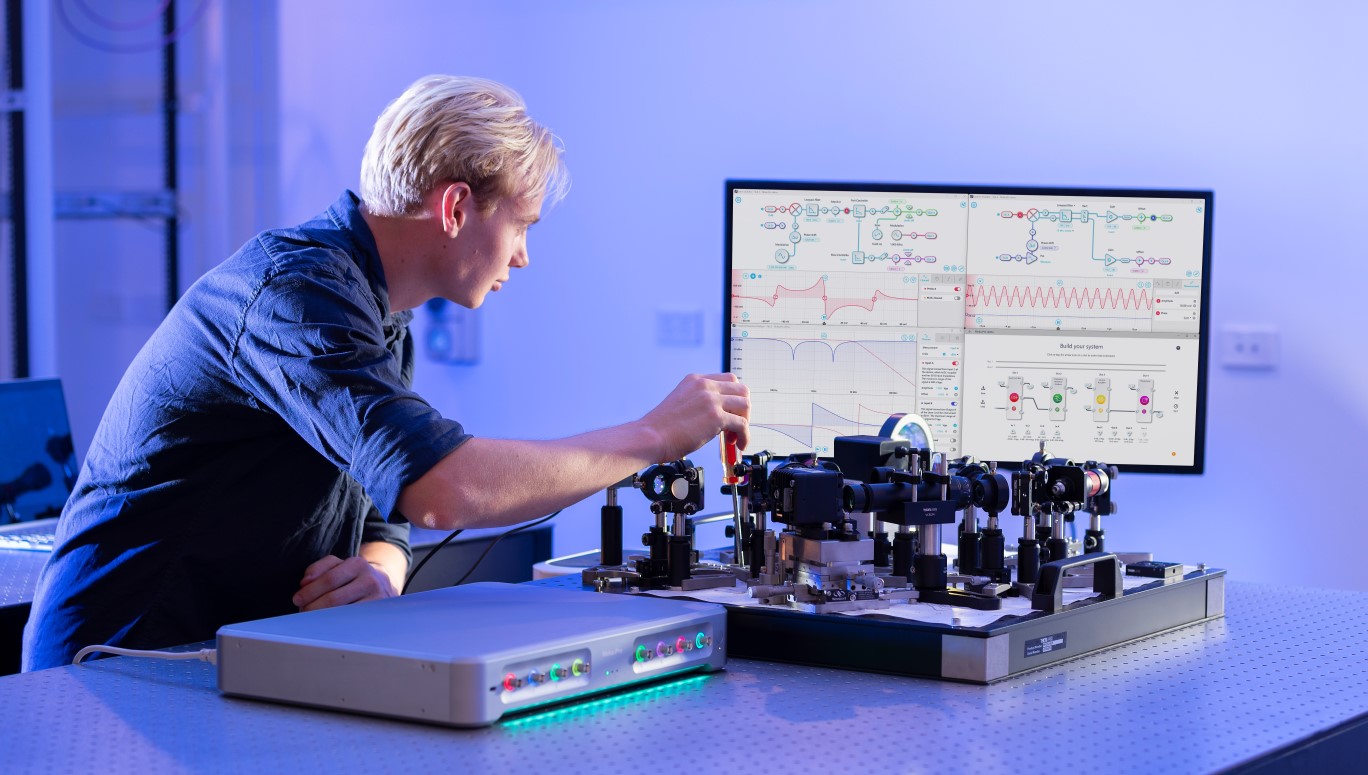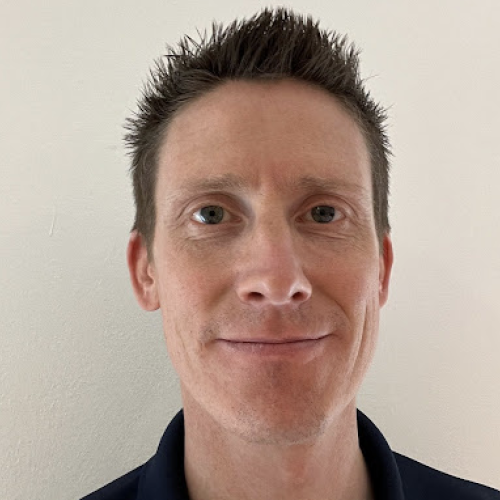About This Webinar
The Pound-Drever-Hall (PDH) method is ubiquitous in fields requiring laser frequency stabilization, including atomic physics, spectroscopy, and precision measurement. However, since PDH systems are traditionally assembled manually from various components, they often present challenges for researchers due to time constraints and adaptability issues, leading to maintenance difficulties and signal distortion. In this presentation, Liquid Instruments provides a pedagogical introduction to the PDH technique and creates a system using reconfigurable, FPGA-based instrumentation. They combine multiple instruments, including the Moku Laser Lock Box, into a bespoke environment that emulates a real optical system.
Liquid Instruments shares how this digital-first approach simplifies the laser locking process while automating maintenance against disturbances and delivering higher-quality data. This presentation also shows how an integrated approach enables instant tuning of control loop parameters and demodulation phase, multiple preconfigured locking stages, and instant, single-click locking. Together, the easy-to-use Moku software interface, suite of FPGA-based instruments, and powerful hardware provide flexible new ways to improve signal-to-noise ratio, consolidate legacy test equipment, and significantly reduce time to innovation. This webinar includes a presentation, demonstration, and live Q&A session.

Who should attend:
AMO physicists, researchers, engineers, and academics who are interested in PDH locking and reconfigurable instrumentation. Scientists working in microscopy, spectroscopy, laser frequency stabilization, and interferometry. R&D scientists and lab managers who work in industries such as aerospace, astronomy, automotive, medicine, environmental, and semiconductors.
About the presenter:
 Once an evangelical Liquid Instruments customer, John Miller, Ph.D., is an applications engineer supporting the European market. Working at the interface of product development and sales, Miller supports scientists and engineers using Moku devices across a range of fields. He pursued academic research related to interferometric gravitational wave detectors at Caltech and MIT for almost two decades before transitioning to a career in industry, where he focused on lidar sensors for mobile and automotive applications. He holds a Master of Science degree and a doctorate in physics from the University of Glasgow.
Once an evangelical Liquid Instruments customer, John Miller, Ph.D., is an applications engineer supporting the European market. Working at the interface of product development and sales, Miller supports scientists and engineers using Moku devices across a range of fields. He pursued academic research related to interferometric gravitational wave detectors at Caltech and MIT for almost two decades before transitioning to a career in industry, where he focused on lidar sensors for mobile and automotive applications. He holds a Master of Science degree and a doctorate in physics from the University of Glasgow.
About Liquid Instruments:
Most test environments are unique and require customized configuration and careful optimization of multiple instruments, adding cost and time upfront and throughout the test cycle. Liquid Instruments’ reconfigurable Moku is the only test solution that is engineered and optimized for friction-free customization in both simple tests and complex multi-instrument environments. In hundreds of labs around the world, Moku has accelerated the timeline from idea to implementation by an order of magnitude, reducing the time and cost of advanced R&D. The reconfigurable Moku test solutions are engineered by a team of distinguished research scientists for easy and versatile use, enabling efficiency gains in the most complex test scenarios to meet your ongoing needs. Experience Moku cost-free today by requesting a demo at liquidinstruments.com.